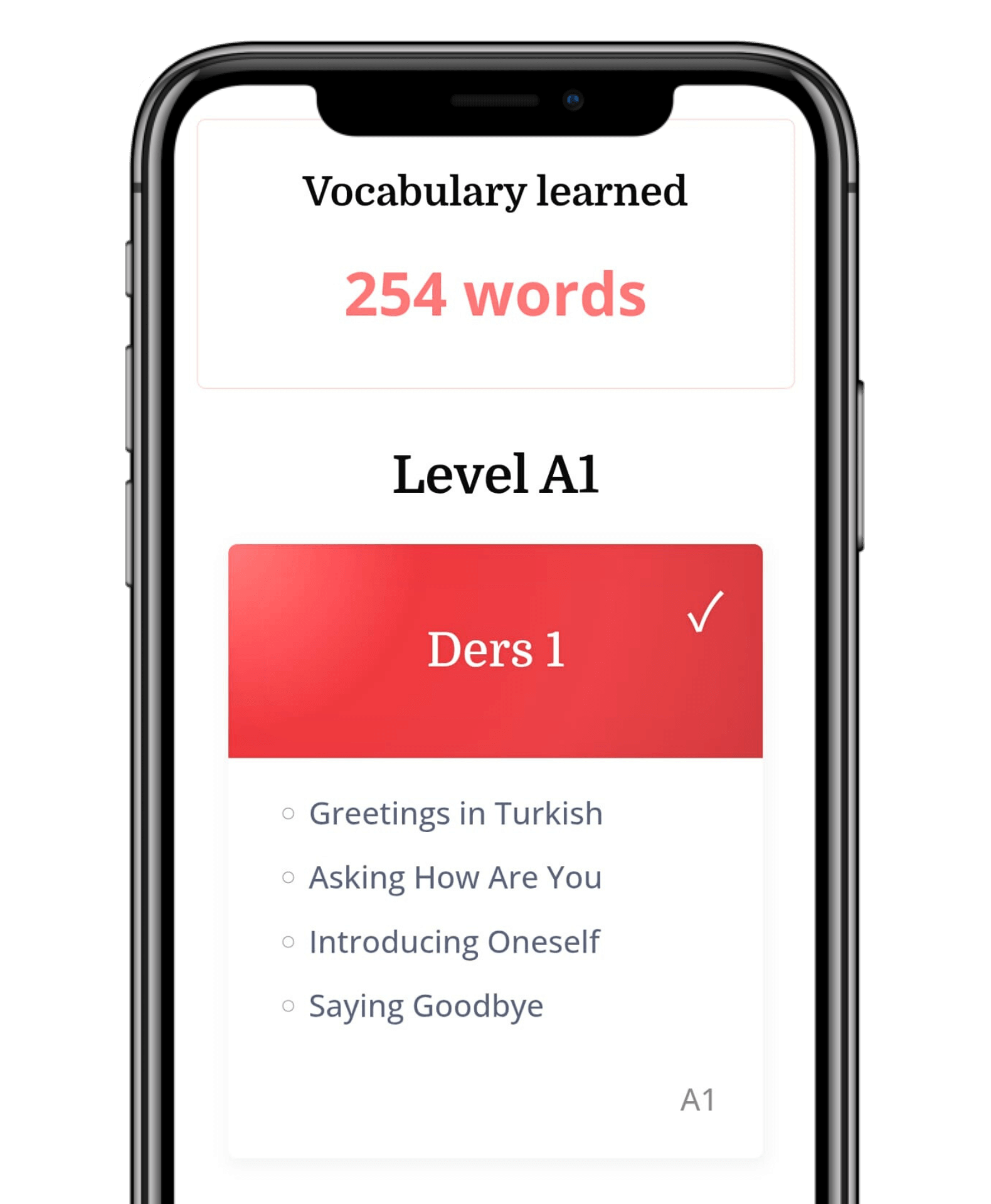Expressing wishes in Turkish is elegantly handled through what’s called the Dilek Şart Kipi, commonly known in English as the Wish or Conditional Mood. Although it might initially appear tricky due to its dual function (expressing both wishes and conditions) the context typically clarifies the intended meaning. In this article, we’ll break down clearly how this form works, its distinction between conditional statements and wishes, and how to effectively express wishes in various contexts. Hadi okuyalım!
Table of Contents
Understanding the Dilek Şart Kipi (-se / -sa) to Express Conditions and Wishes
In Turkish, the Dilek Şart Kipi (Wish-Condition Mood) suffix -se / -sa has two closely related but distinct uses:
- Expressing a condition (if…)
- Expressing a wish (I wish…)
Here’s the full conjugation for görmek (to see):
| Person | Positive | Negative | Positive Question | Negative Question |
| Ben | Görsem | Görmesem | Görsem mi? | Görmesem mi? |
| Sen | Görsen | Görmesen | Görsen mi? | Görmesen mi? |
| O | Görse | Görmese | Görse mi? | Görmese mi? |
| Biz | Görsek | Görmesek | Görsek mi? | Görmesek mi? |
| Siz | Görseniz | Görmeseniz | Görseniz mi? | Görmeseniz mi? |
| Onlar | Görse(ler) | Görmese(ler) | Görse(ler) mi? | Görmese(ler) mi? |
To express wishes, you need to add context with “keske”.
How to Express Wishes in Turkish with Keşke
When expressing strong wishes or regrets, Turkish commonly uses the word keşke, which translates as “I wish” or “If only”.
The sentence structure generally follows:
- Keşke + verb (with -se/-sa)
| Function | Example | Translation |
|---|---|---|
| Conditional | Eve erken gelsem. | If I came home early. |
| Wish | Keşke eve erken gelsem. | I wish I came home early. |
Notice how adding keşke clearly indicates a wish rather than a conditional scenario.
Examples:
- Keşke zaman makinesi icat edilse. (I wish a time machine were invented!)
- Keşke Türkiye’den ayrılmak zorunda olmasam. (I wish I didn’t have to leave Turkey!)
Past wishes or regrets
When referring to past regrets or wishes, use Keşke + verb in past subjunctive (-seydi / -saydı):
| Person | Positive | Negative | Positive Question | Negative Question |
| Ben | Görseydim | Görmeseydim | Görse miydim? | Görmese miydim? |
| Sen | Görseydin | Görmeseydin | Görse miydin? | Görmese miydin? |
| O | Görseydi | Görmeseydi | Görse miydi? | Görmese miydi? |
| Biz | Görseydik | Görmeseydik | Görse miydik? | Görmese miydik? |
| Siz | Görseydiniz | Görmeseydiniz | Görse miydiniz? | Görmese miydiniz? |
| Onlar | Görseydi(ler) | Görmeseydi(ler) | Görse miydi(ler)? | Görmese miydi(ler)? |
Examples:
- Keşke o son duble rakıyı içmeseydim. (I wish I hadn’t drunk that last glass of rakı.)
- Keşke ondan gerçekleri saklamasaydın. (I wish you hadn’t hidden the truth from him/her.)
Real-life Examples of Wishes in Turkish
Here are common, realistic expressions of wishes in daily Turkish:
- Sen de bizimle gelsen harika olurdu. (It’d be great if you came with us too.)
- Yeni bir dil öğrenmeye başlasak mı? (What if we started learning a new language?)
- Instagram’da paylaşmasam mı bu fotoğrafı? (Maybe I shouldn’t post this photo on Instagram?)
- Keşke şu anda küçük, sessiz bir köyde yaşasam da şehir gürültüsünden uzaklaşsam. (I wish I lived in a small, quiet village right now so I could escape the noise of the city.)
- Biraz daha cesaretim olsa, kendi işimi kurar ve artık başkalarının kurallarına göre yaşamazdım. (If I had a bit more courage, I’d start my own business and stop living by other people’s rules.)
- Yeni bir hobi edinsem mi acaba, mesela seramik ya da dans kursuna başlasam fena mı olur? (Would it be a bad idea if I picked up a new hobby, like ceramics or dance classes?)
- Keşke bu hastalığın bir çaresi olsaydı. (I wish there were a cure for this illness.)
- Keşke zamanında annemi dinleseydim. (I wish I had listened to my mother back then.)
Mastering wishes in Turkish through the Dilek Şart Kipi enables you to clearly express personal desires, hypothetical scenarios, and past regrets. With regular practice, using these structures becomes intuitive, enhancing both your fluency and ability to engage naturally in daily conversations.
To continue learning Turkish, discover how to express obligation with zorunda / mecbur.

